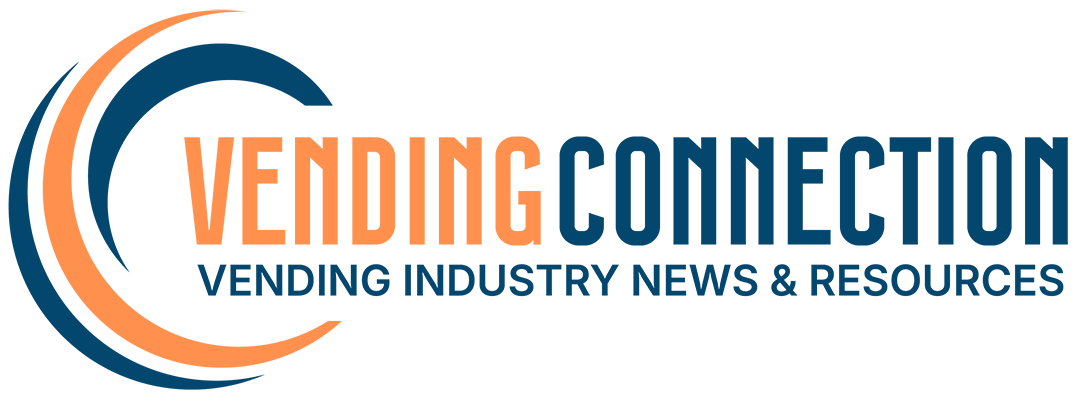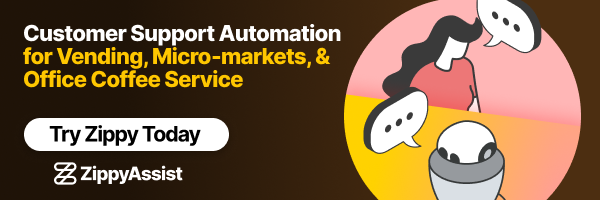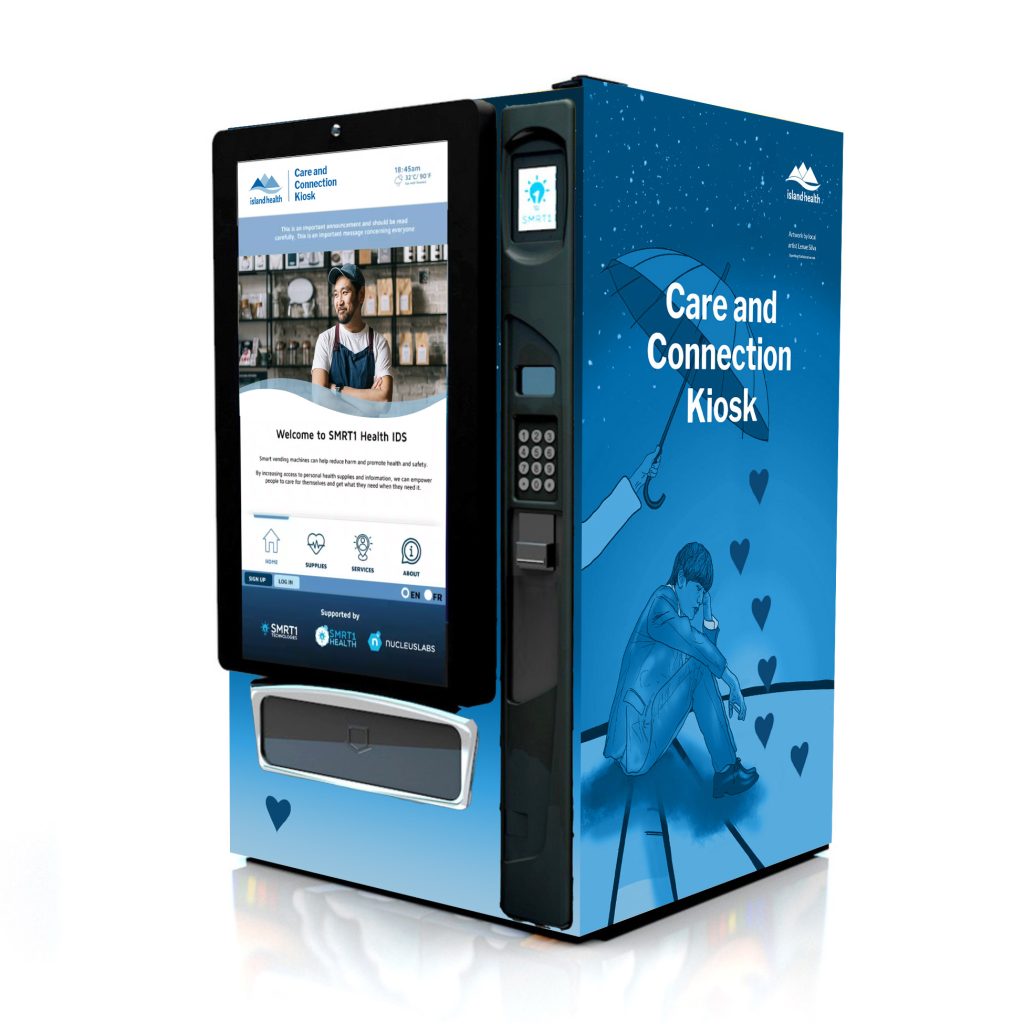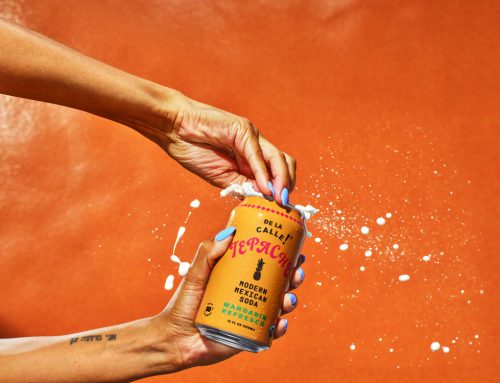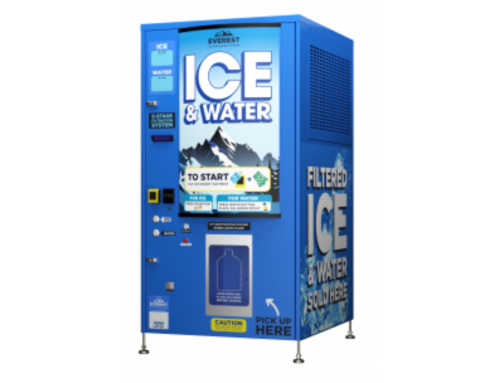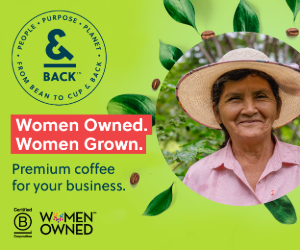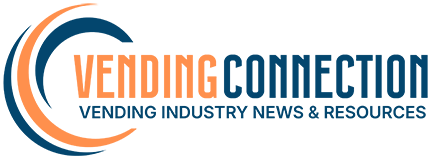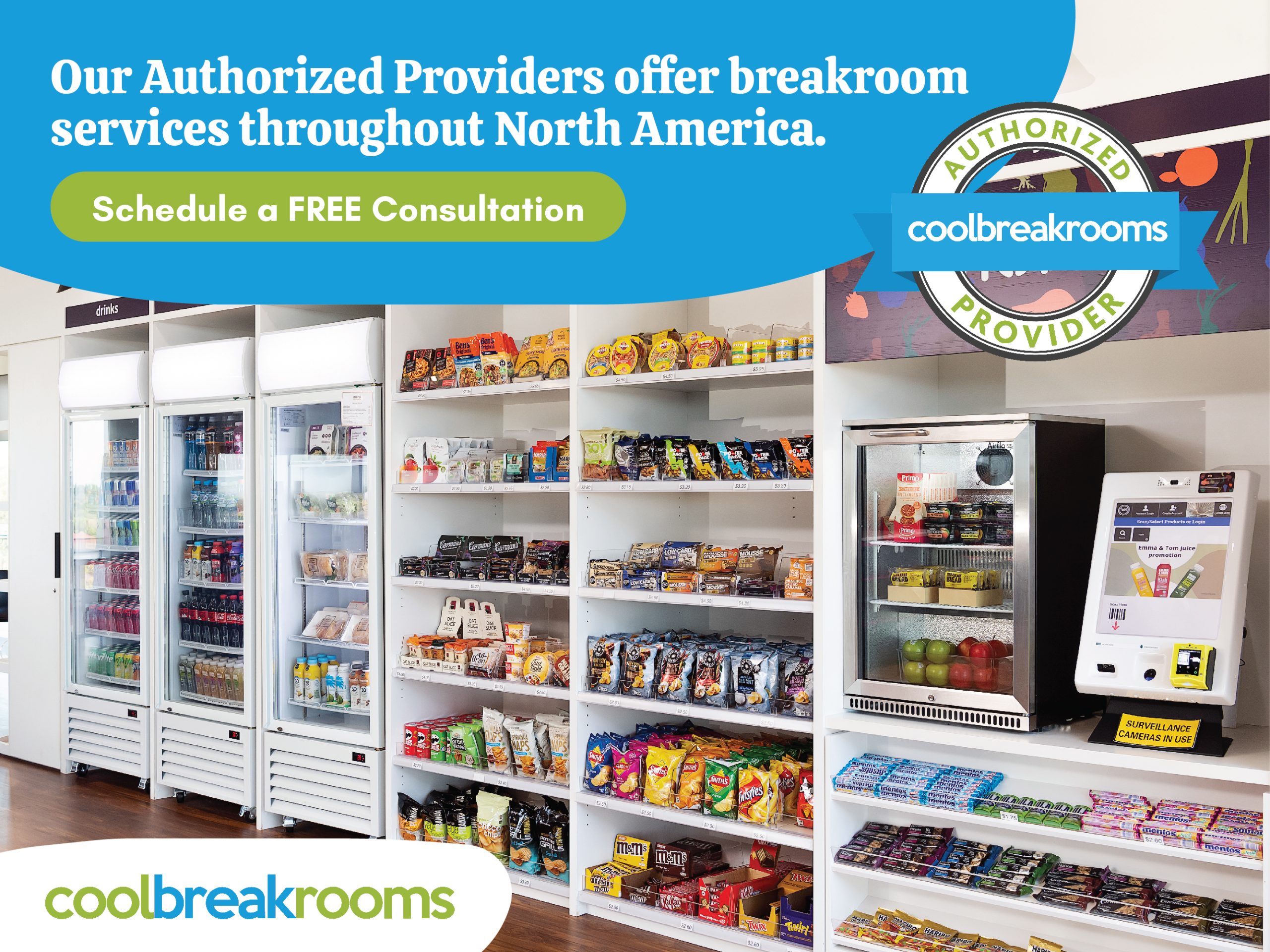People living in a trio of Vancouver Island communities now have a new way to discreetly access harm-reduction supplies.
It is a vending machine with a twist – designed to help save lives. With more than 300 people lost to toxic drugs on Vancouver Island already this year, automated harm reduction healthcare kiosks are being placed outside emergency departments.
Island Health has installed three new “Care and Connection Kiosks” outside emergency departments at hospitals in Victoria, Nanaimo and Campbell River.
Created by SMRT1 Technologies
SMRT1 Technologies’ Smart Vending Machines have been in use across Canada for years, and they’ve also played a big role in providing supplies to communities that have been adversely affected by the Opioid crisis.
Brad Pommen, President of SMRT1 Technologies, describes the kiosks as essentially “a four-foot iPhone” on a vending machine.
The automated units anonymously dispense a variety of the most commonly sought harm reduction items from emergency rooms, including naloxone kits, drug testing strips, wound-care kits, condoms and safe sharps disposal containers.
“For those that are disadvantaged or seeking treatment without being concerned about having to give their name, having a low-barrier and anonymous fashion to dispense supplies is a great way for communities to be able to start (helping),” Pommen said.
Minister of Mental Health and Addictions Jennifer Whiteside said the machines will operate 24/7, making it easier to to access life-saving information and equipment without the fear they could be identified or targeted.
“We know that shame and blame can keep people who use drugs from asking for help and not accessing the means they need to stay safer – which can often be fatal,” she said in a statement.
Island Health chief medical health officer Dr. Reka Gustafson said officials conducted extensive engagement about where to place the units “to make sure that people have both the privacy and anonymity that they need when they access some services that are really still very stigmatized in our society.”
“I think that any service where we can divert the non-emergency component of service to another place, but still connect people to care – is overall actually likely to increase rather than decrease access,” she added.
Pommen said the units went through a pilot phase in New Brunswick, where they met with success.
“Those pilots have seen hundreds of thousands of kits, things such as naloxone kits, COVID testing and HIV supplies, reach the communities, and now we are getting the same response for the west coast and filling in the blanks,” he said.
“The cloud allows us to be able to monitor in real time, see what is being dispensed, what hours of the day, what is the most need, what products are going to be in the greatest demand, and then be able to empower those that are taking care of the community, filling the machine and being able to get that into the hands of the clients.”
Along with harm reduction supplies, the units also offer a variety of information, including the location of overdose prevention sites, drug checking resources, crisis information and harm reduction services and mental health supports.
Health Minister Adrian Dix said the units are meant to add another layer of harm-reduction services, not to replace any services provided by the hospitals where they are located
“It’s about discretely getting access to things you would use when you are not at the hospital, so different kits and different materials that would help you in your care and self maintenance,” he said.
“It’s not to replace any care or services at the hospital, its to allow people without any indignity to access things that they might need.”
The province will be monitoring the uptake on the kiosks, and report results publicly, he said.
As of Aug. 31, at least 304 people have died in the Island Health region from toxic drugs this year alone.
Island Health continues to work on a wide range of responses with multiple partners to address unregulated substances and the toxic drug crisis. In addition to harm reduction services like these kiosks, actions focus on prevention and early intervention, treatment, and recovery and relapse prevention. Together these initiatives tackle an incredibly complex public health emergency and support people throughout their health care journey to prevent, support, treat and help recovery.
Source: Global News Canada
For more information about these Smart Healthcare Vending Machines visit https://smrt1.ca/, or Email Brad.
